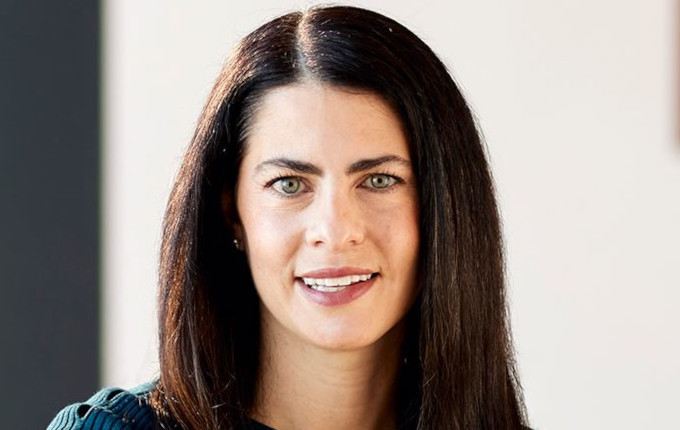The world post COVID is driven by security rather than economic considerations, but this doesn’t mean we will head down the path of deglobalisation, AustralianSuper says
Register to Access this Exclusive [i3] Insights Article
Create a free account to access exclusive interviews with asset owners, revealing insights on investment strategies, market trends, and portfolio allocations.
If you already have an account you can Login .
If you have any issues registering an account please send us an email at [email protected].


